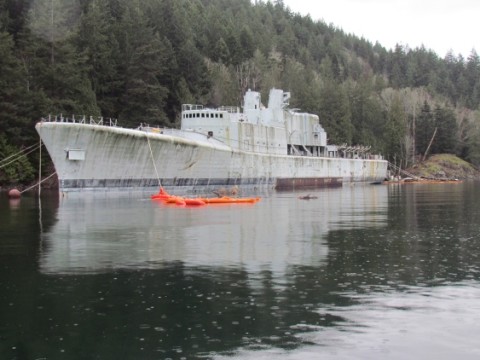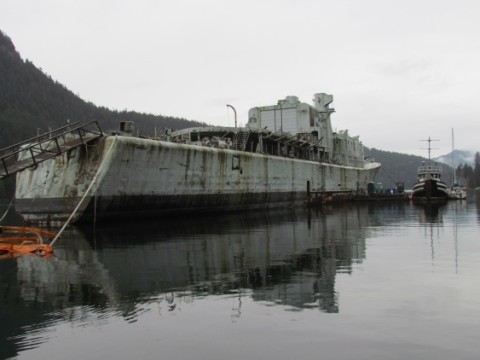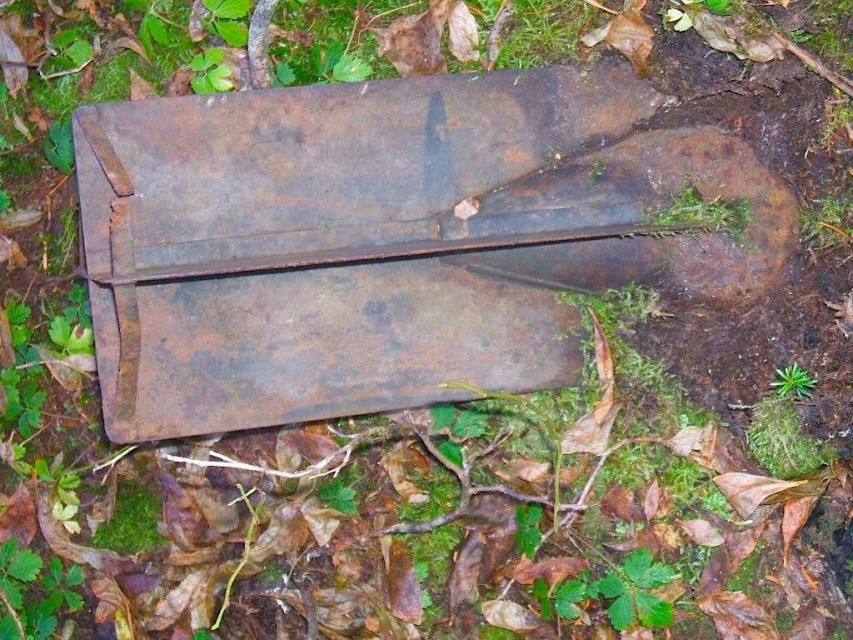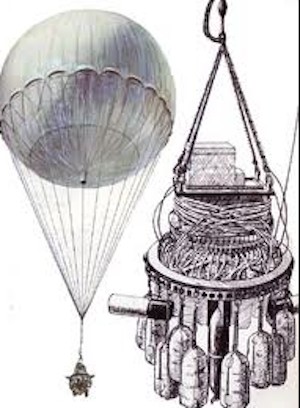When I saw the initial reports on the Supreme Court’s decision in Tsilhqot’in Nation versus British Columbia it sounded like the Supremes were ordering the province to pack up and move out … that most (all?) of the land previously known as British Columbia was now to be handed back to the First Nations bands. I guess it’s not quite so apocalyptic, although it will complicate things. Colby Cosh talks about the historical record that informed the decision:
Like everyone else who has studied the Supreme Court’s dramatic decision in the case of Tsilhqot’in Nation v. British Columbia, my response largely amounts to “Well, sure.” “Tsilhqot’in” is the new accepted name of the small confederacy of B.C. Indian bands long called the Chilcotin in English. They live in a scarcely accessible part of the province, and one reason it is scarcely accessible is that the Chilcotin prefer it that way. In 1864, they fought a brief “war” against white road builders, killing a dozen or so. The leaders of the uprising were inveigled into surrendering and appearing before the “Hanging Judge,” Matthew Begbie. True to his nickname, he executed five of the rebels. But that road never got finished.
In most of Canada, occupancy by “settlers” whose ancestors arrived after Columbus has been formally arranged under explicit treaties. There is a lot of arguing going on about the interpretation of these treaties. But, broadly speaking, most of us white folks outside B.C. have permission to be here. Our arrival, our multiplication and the supremacy of our legal system were all explicitly foreseen and consented to by representatives of the land’s Aboriginal occupants. The European signatories of those treaties recognized that First Nations had some sort of property right whose extinction needed to be negotiated.
Oddly, this concept was clearer to imperial authorities in the 18th and early 19th centuries than to those who came later. The Royal Proclamation of 1763, for instance, recognized the right of Indians to dispose of their own lands only when they saw fit. By the time mass colonization was under way in British Columbia, the men in charge on the scene had absorbed different ideas. Concepts of racial struggle were in vogue, and so were straitlaced, monolithic models of human progress.
And the problems going forward?
The biggest problem for large infrastructure projects in the B.C. Interior may not be the collective nature of “Aboriginal title” alone, but the fact that it is restricted in a way ordinary property ownership isn’t. “It is collective title,” writes the chief justice, “held not only for the present generation but for all succeeding generations. This means it cannot be alienated except to the Crown, or encumbered in ways that would prevent future generations of the group from using and enjoying it.” The special category of legal title devised for First Nations turns out to have a downside: Even completely unanimous approval of some land use by a band or nation may not suffice if people who do not yet exist are imagined disagreeing with it. Would you care to own a car or a house on such terms?
Update, 11 July: Perhaps I spoke too soon that this ruling didn’t mean the non-First Nation inhabitants need to move out of the province.
British Columbia First Nations are wasting no time in enforcing their claim on traditional lands in light of a landmark Supreme Court of Canada decision recognizing aboriginal land title.
The hereditary chiefs of the Gitxsan First Nations served notice Thursday to CN Rail, logging companies and sport fishermen to leave their territory along the Skeena River in a dispute with the federal and provincial governments over treaty talks.
And the Gitxaala First Nation, with territory on islands off the North Coast, announced plan to file a lawsuit in the Federal Court of Appeal on Friday challenging Ottawa’s recent approval of the Northern Gateway pipeline from Alberta.
The Kwikwetlem First Nation also added its voice to the growing list, claiming title to all lands associated with now-closed Riverview Hospital in Metro Vancouver along with other areas of its traditional territory.
They cite the recent high court ruling in Tsilhqot’in v. British Columbia.
[…]
In the short term, the ruling will impact treaty negotiations and development in the westernmost province, where there are few historic or modern treaties and where 200 plus aboriginal bands have overlapping claims accounting for every square metre of land and then some.
“Over the longer term, it will result in an environment of uncertainty for all current and future economic development projects that may end up being recognized as on aboriginal title lands,” wrote analyst Ravina Bains.








